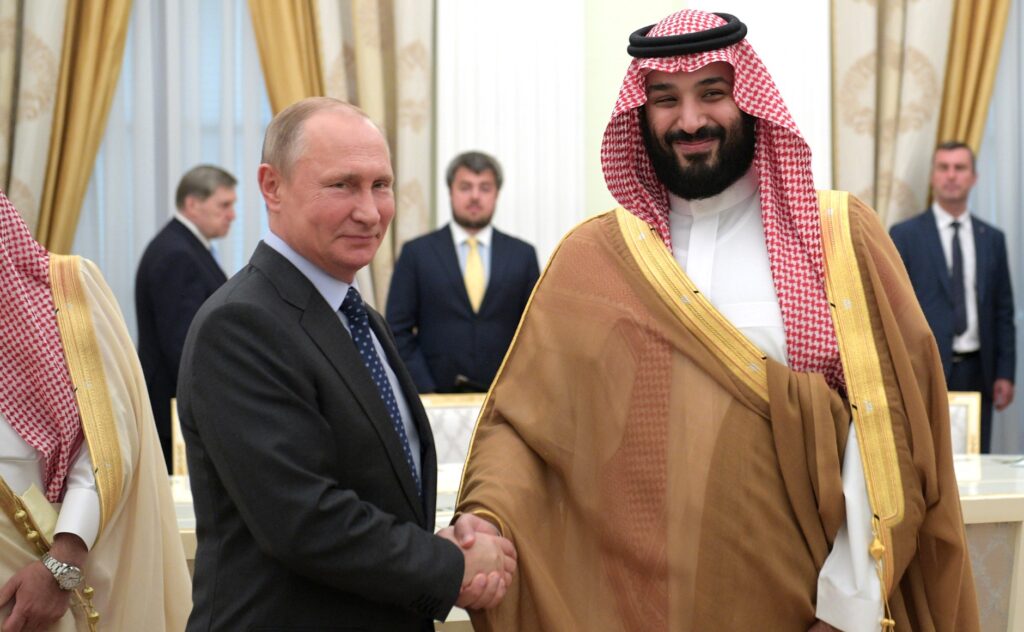
New voluntary commitments on reductions in crude oil production by Saudi Arabia and Russia, members of OPEC+, have pushed up prices. Reuters’s Mike Dolan reports:
Falling energy prices have been a disinflationary tailwind for world markets for most of the year, but rebounding crude and fading annual base effects suggest an oil slick up ahead.
And for investors searching for the sharp end of fractious geopolitics, look no further.
The energy price shock surrounding a pandemic reboot and Russia’s invasion of Ukraine early last year had almost disappeared, offering significant relief to global stock and bond markets battered by the hit to the economy, household demand and the inflation and interest rate fallout.
But oil remains a powerful political lever as antagonistic economic blocs coagulate around the G7-led Western world and the expanded BRICS-plus grouping that took shape last month – a bloc that now contains six countries producing about as much oil as the rest of the 20 top producers put together.
Oil prices spiked more than 1% on Tuesday after Saudi Arabia and Russia – the world’s top two oil exporters – announced a fresh extension to their voluntary supply cuts, stretching a combined 1.3 million barrels per day reduction for another three months through December.
Brent crude topped $90 for the first time this year.
If that price gain holds – and economists at UBS see an oil market still some 1.5 million barrels undersupplied through this month and forecast further 5% price gain by year-end – then the rolling year-on-year decline in Brent that’s persisted since January will evaporate as soon as this week.
That negative annual base effect, which had been as high as 40% variously in March, May and June, has been a powerful downward force on headline inflation across the world throughout the year.
Read more here.




